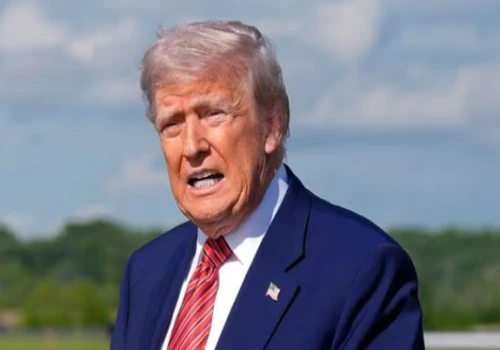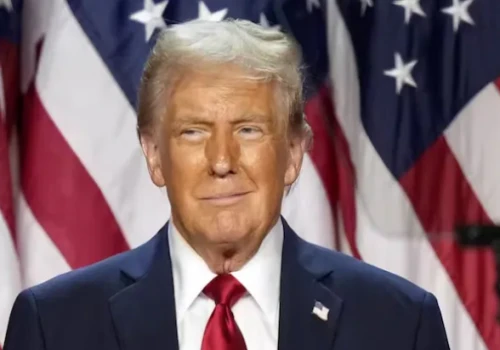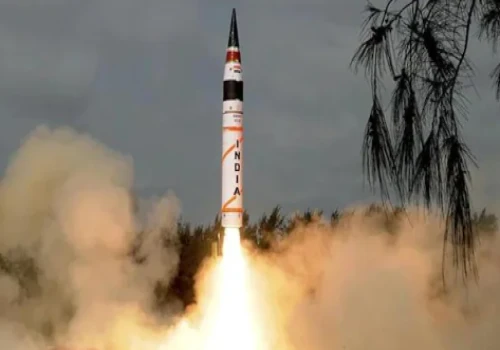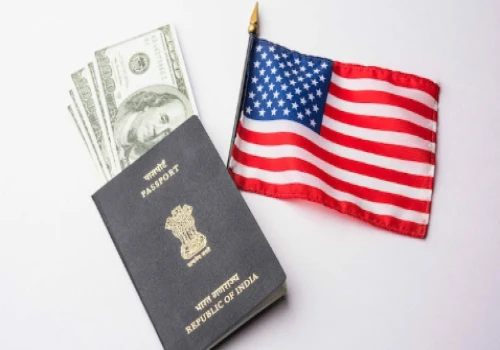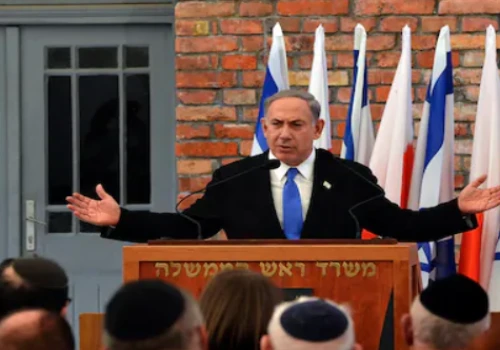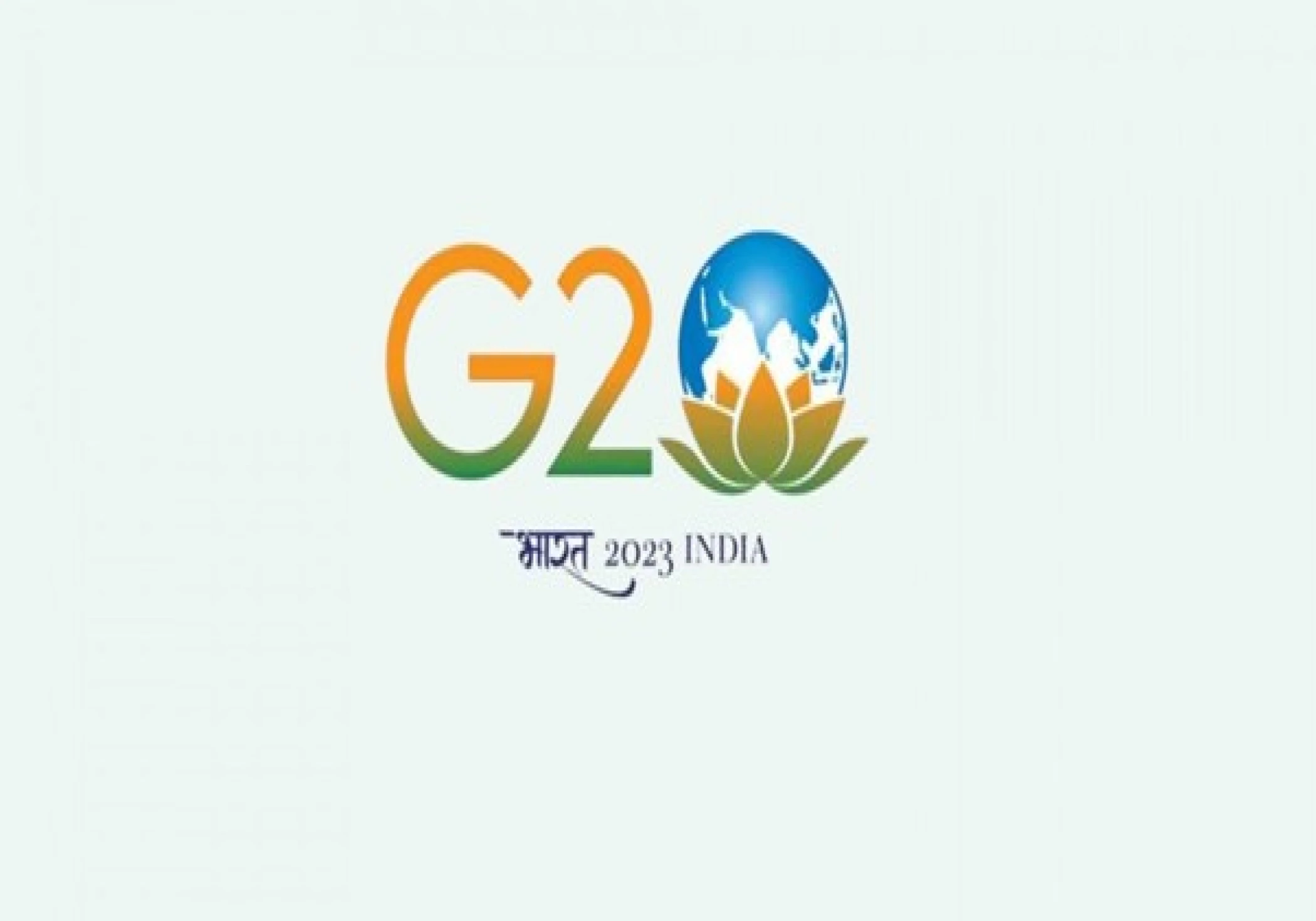
G-20, "the group twenty" is the premier forum for international economic cooperation. Its vital role is to shape and strengthen the global architecture and governance on all the major international economic issues.
This time, India is holding the presidency of the G20 summit from December 1, 2022, to 30 November 2023.
1999
The G20 was founded in 1999 after the Asian Financial Crisis as a forum for the Finance Ministers and Central Bank Governors to discuss the global economic and financial issues.
2008
The G20 was upgraded to the level of heads of Government in the wake of the global economic and financial crisis of 2007, 2009, and was designated as "Premier Forum for International Economic Cooperation".
The G20 summit is held annually under the leadership of rotations of presidency. This time this presidency is held by India.
G20 initially focused on broad macro issues but now it expanded its motives and goals to health, agriculture, trade, sustainable development, energy, environment, climate change and anti-corruption.
Logo and theme
The G20 logo as can be seen depicts the vibrancy in colors which are representations of Indian Flag (saffron, white, green and blue) with the representation of Earth and Lotus set close to one another. Lotus, India's national flower reflects growth and challenges while Earth reflects India's propane approach to life, one in perfect harmony with nature.
Below the G20 logo, Bharat is written in devnagri script.
The theme is "Vasudhaiva Kutumbakam" i.e., "One Earth, One Family, One Future" and it is extracted from the auspicious ancient Sanskrit text of Maha Upnishad.
The theme depicts the value of life- human, animal, plant and microorganisms and their interconnectedness on the planet Earth with the wide universe.
But the theme does not stop at individuality, it also highlights LiFE (lifestyle of environment), i.e., environmentally sustainable and responsible choices both at individual and national development level which leads to global transformation in a cleaner, greener and bluer future.
G20 Members
19 countries, i.e., Argentina, Australia, Brazil, Canada, China, France, Germany, India, Indonesia, Italy, Japan, Republic of Korea, Mexico, Russia, Saudi Arabia, South Africa, Turkey, United Kingdom and United States and European Union are counted as members of G20.
These members represent approx 85% of global GDP, over 75% global trade, and almost two-third of the world population.
Invitees
Except these 19 countries/members, countries like Bangladesh, Egypt, Mauritius, Netherlands, Nigeria, Oman, Singapore, Spain, UAE have also been invited.
In addition to it, some international organizations have also been invited, which are, ISA, CDRI, ADB as guest IOs whereas, some regular organizations like UN, IMF, WB, WHO, WTO, ILO, FSB and OECD with chairs of some Regional Organizations like AU, AUDA-NEPAD and ASEAN.
Working of G20
The G20 presidency has the agenda to host the Summit. It has two parallel tracks: Finance Ministers and Central Bank Governors lead the Finance Track while the Sherpas steer the Sherpa Track after it.
Sherpas of member countries who are personal emissaries of the leaders coordinate the Sherpa side in this process.
Within the two tracks, there are working groups who work in a thematic manner and the representatives from the relative ministries and invited countries as well as various international organisations work and participate together.
These working groups conduct meetings regularly in the whole term of each presidency while the Sherpas oversee negotiations over the course of the year.
Also, there are engagement groups which bring civil societies, parliamentarians, think tanks, women, youth, researchers of G20 countries together.
It does not have a permanent secretariat.
The presidency is supported by the Troika i.e., the country which held the previous presidency, the one with the current presidency and the one with the next presidency.
As this time, it is with India,
Troika consists of Indonesia, India and Brazil respectively.
Host Cities
In India, the official G20 meetings in the term from December 2022 to September 2023 will be held in the following cities,
Srinagar(J&k)
Amritsar (Punjab)
Chandigarh (Punjab and Haryana)
Rishikesh (Uttarakhand)
New Delhi
Gurugram (Haryana)
Lukhnow (Uttar Pradesh)
Jaipur (Rajasthan)
Jodhpur (Rajasthan)
Rann of Kutch (Gujarat)
Udaipur (Rajasthan)
Khajuraho (Madhya Pradesh)
Varanasi (Uttar Pradesh)
Siliguri (West Bengal)
Guwahati (Assam)
Gandhinagar (Gujarat)
Indore (Madhya Pradesh)
Kevadia (Gujarat)
Pune (Maharashtra)
Mumbai (Maharashtra)
Goa
Hampi (Karnataka)
Bengaluru (Karnataka)
Kumarakom (Kerala)
Kochi (Kerala)
Thiruvananthapuram (Kerala)
Mahabalipuram (Tamil Nadu)
Chennai (Tamil Nadu)
Hyderabad (Telangana)
Vishakhapatnam (Andhra Pradesh)
Bhubaneswar (Odisha)
Kolkata (West Bengal)

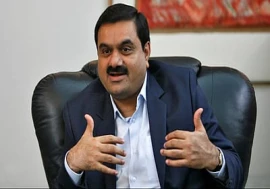

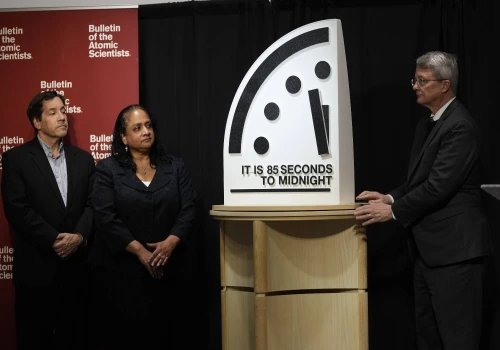
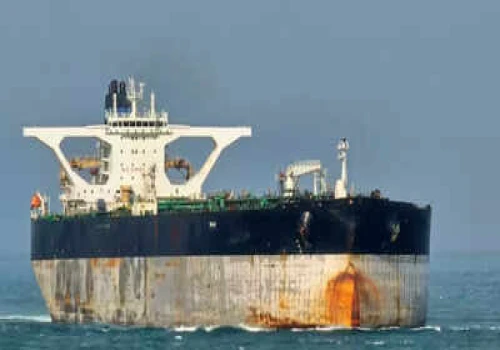
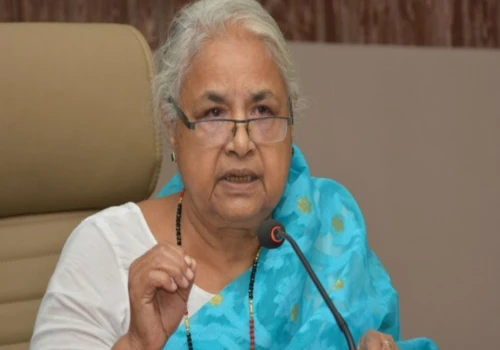
_500_x_350.webp)

